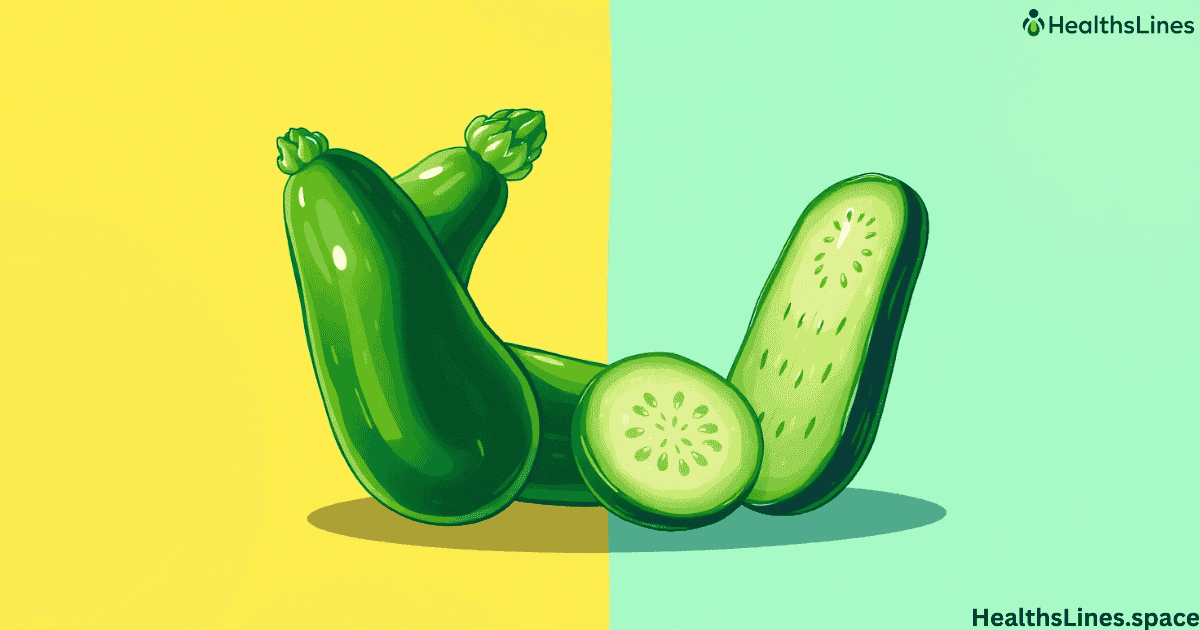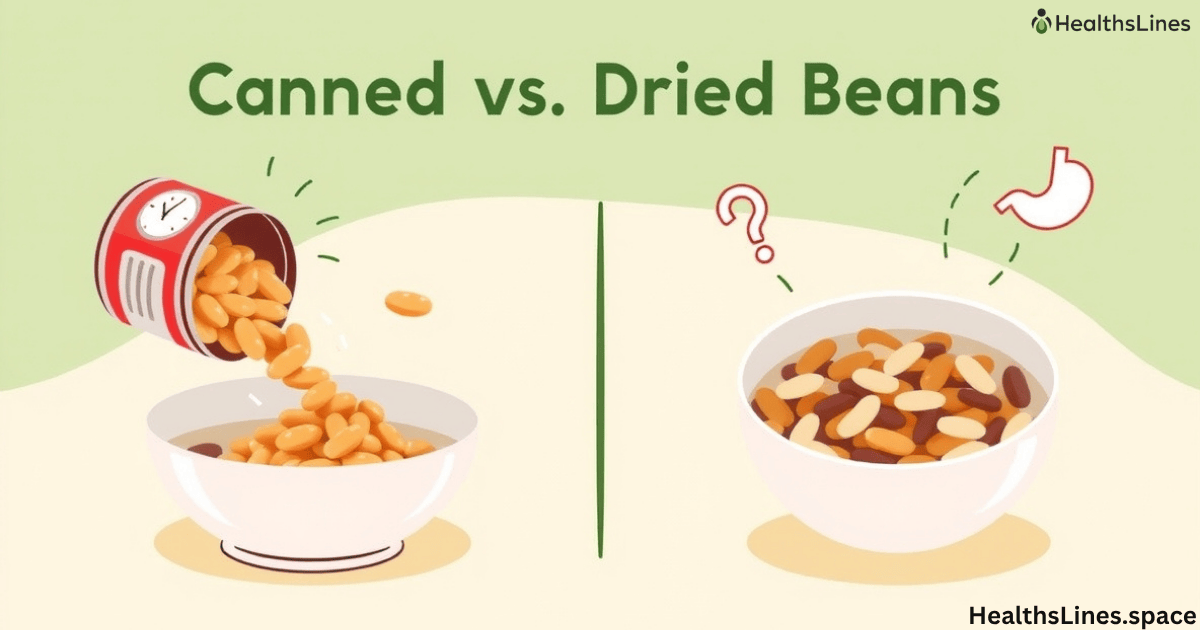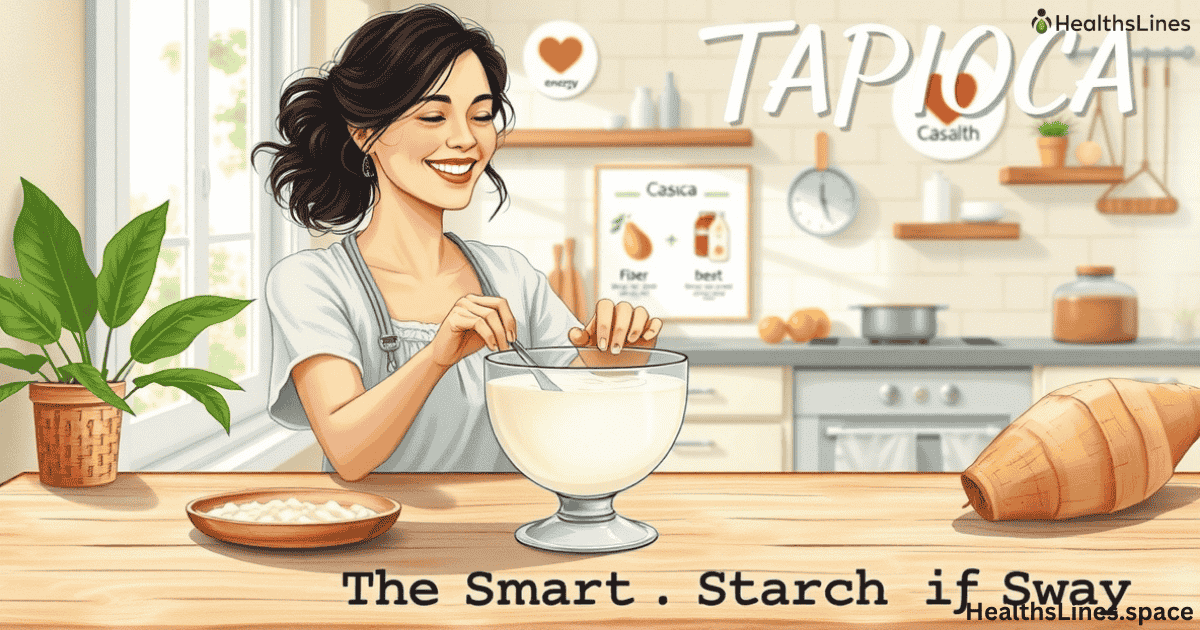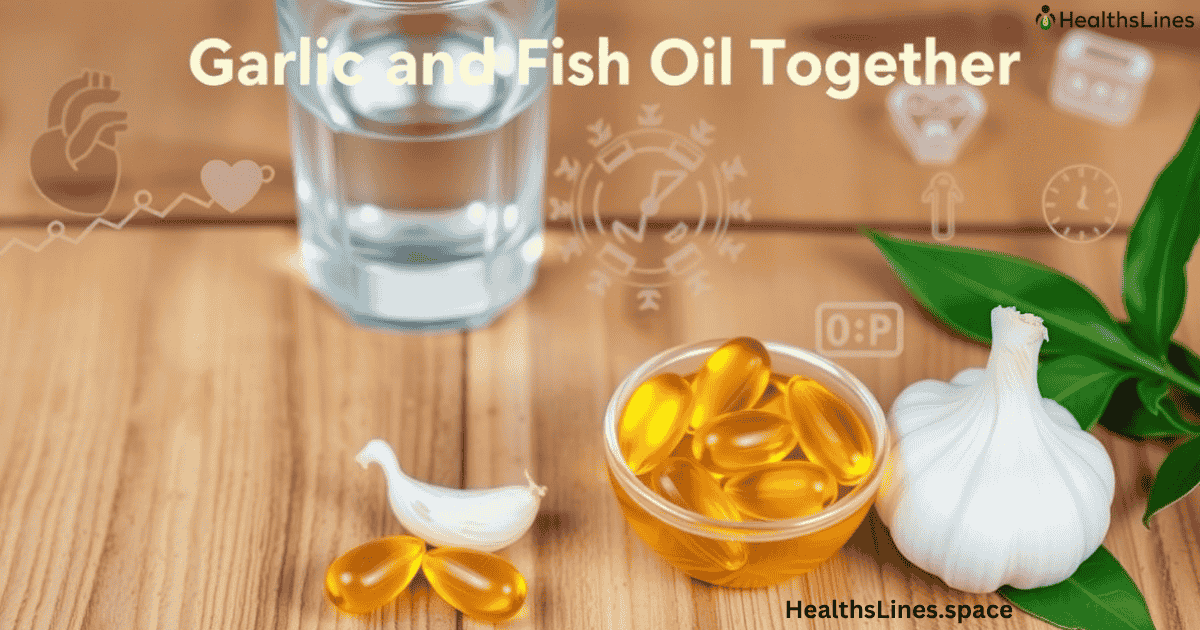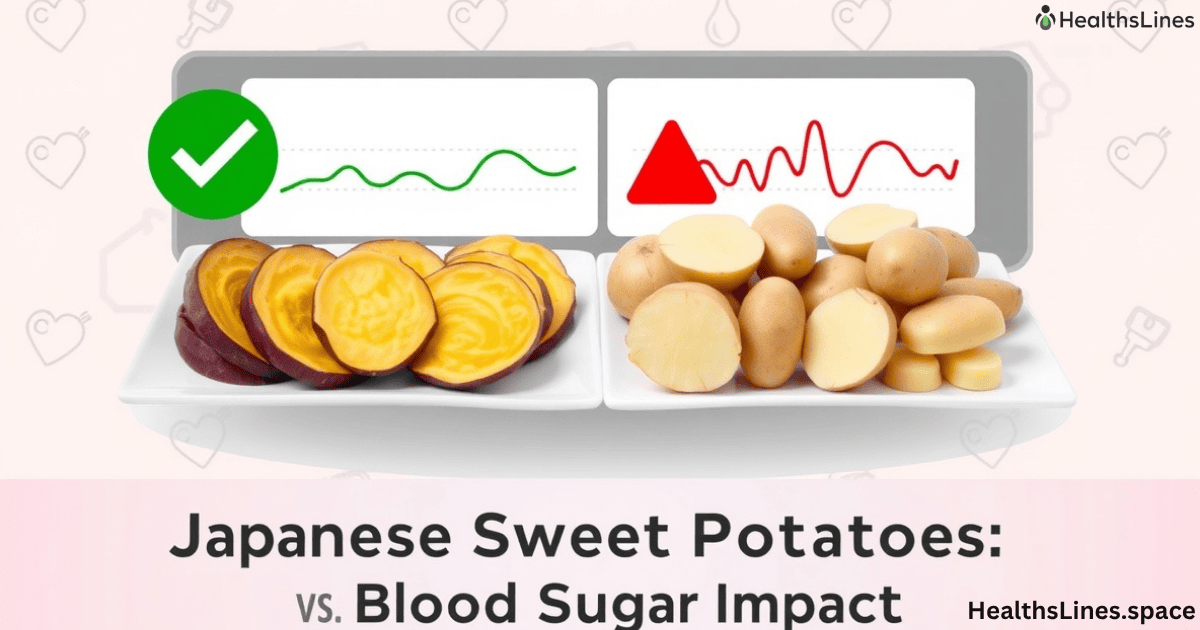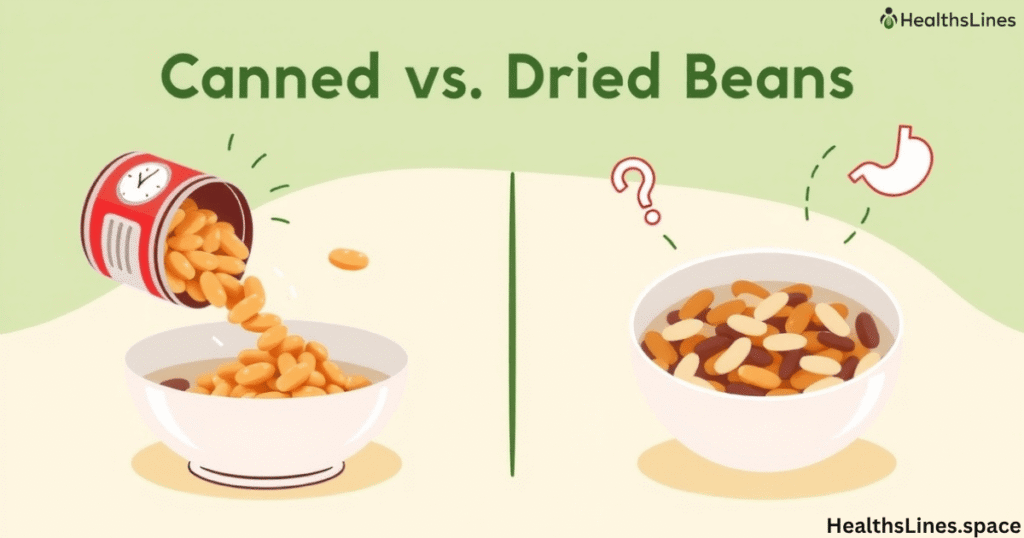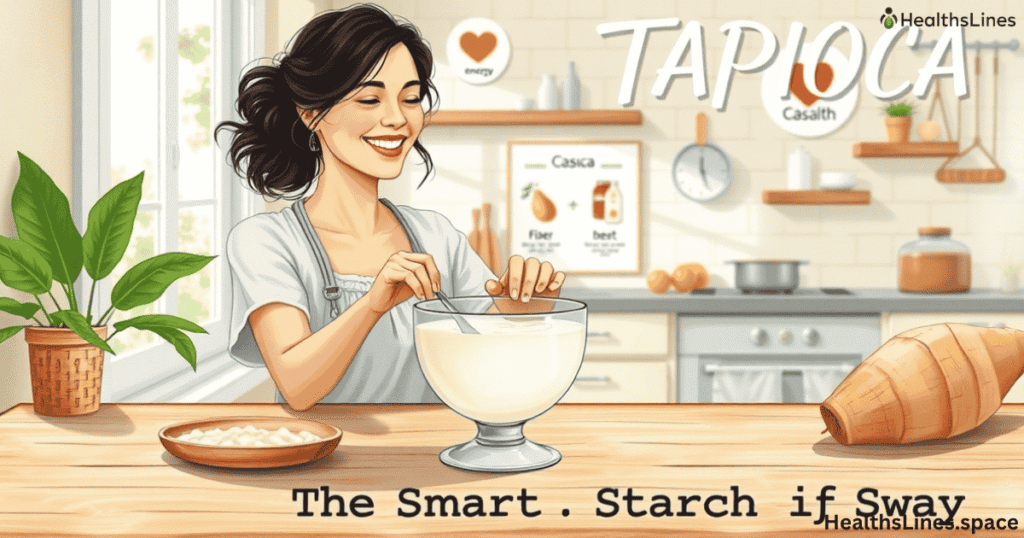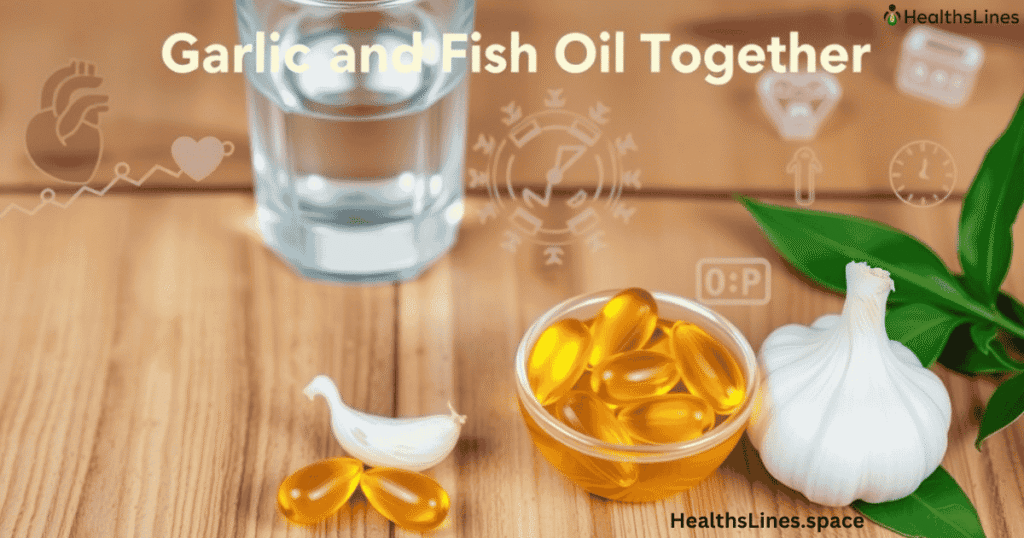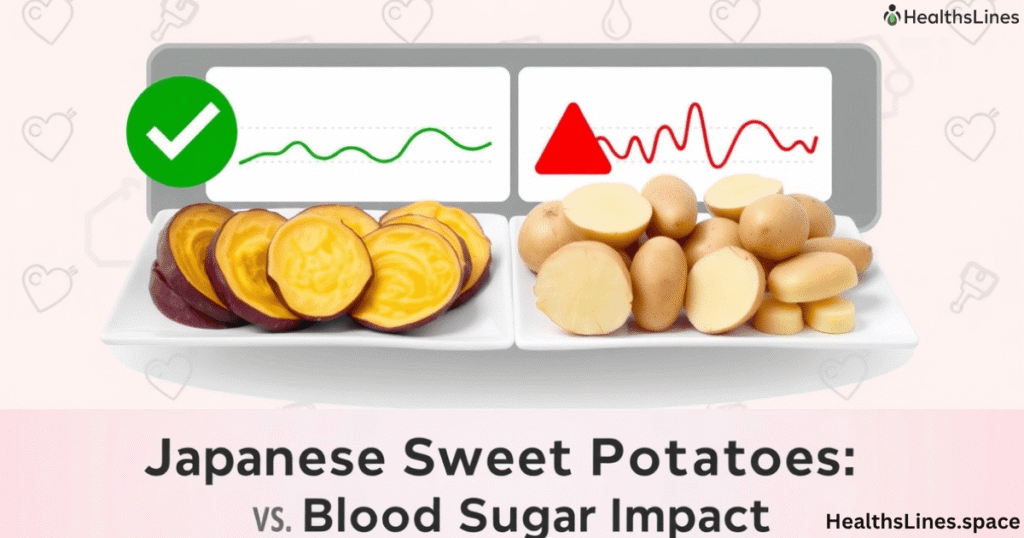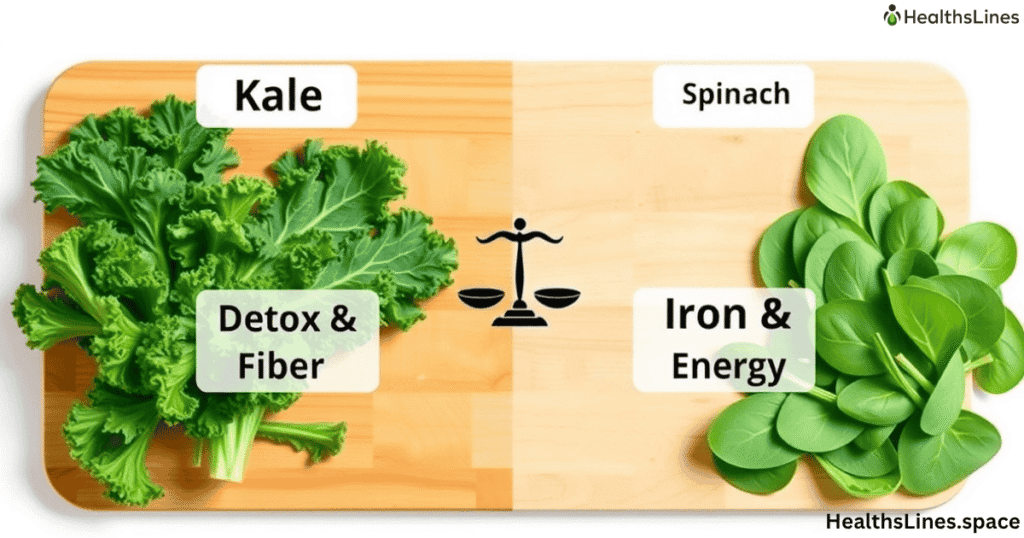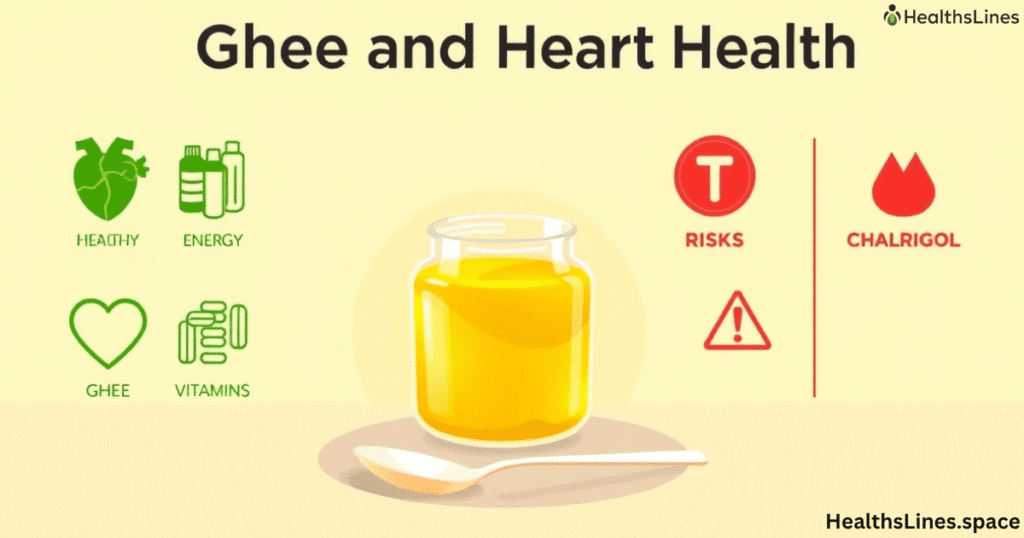Many people mix up zucchini and cucumber. At first glance, they look alike. Both are long, green, and fresh. But once you slice them open, you notice the zucchini vs cucumber differences. They taste different, feel different, and even cook in different ways. Some people ask, which one is healthier? The truth is, both are good for you, but they help your body in different ways.
In this guide, we will dive into the zucchini vs cucumber nutrition facts. You will see how they compare in vitamins, calories, fiber, hydration, and antioxidants. We will also talk about cooking, taste, and which one is better for weight loss. By the end, you will know how to use both vegetables in your daily meals to get the best zucchini vs cucumber health benefits.
Zucchini vs Cucumber: Nutrition at a Glance
When we talk about zucchini vs cucumber comparison, it helps to look at their numbers side by side. Both are low in calories and full of water. That makes them perfect for light meals, snacks, or healthy diets.
Here is a simple table that shows their main nutrients per 100 grams:
| Nutrient | Zucchini (per 100g) | Cucumber (per 100g) |
| Calories | 17 kcal | 15 kcal |
| Carbs | 3.1 g | 3.6 g |
| Protein | 1.2 g | 0.6 g |
| Fiber | 1.1 g | 0.5 g |
| Water | 94% | 96% |
| Vitamin C | 17% DV | 4% DV |
| Vitamin K | 4% DV | 16% DV |
| Potassium | 261 mg | 147 mg |
This table makes it clear. Zucchini calories per 100g are a little higher, but it gives you more fiber, protein, and vitamin C. Cucumber calories per 100g are lower, but cucumbers have more water and vitamin K. Both have their own strengths, and both are worth adding to your diet.
Zucchini vs Cucumber Hydration
When we think about staying hydrated, water is always the first thing that comes to mind. But foods also play a big role, especially fruits and vegetables that are naturally water-rich. This is where the zucchini vs cucumber hydration comparison becomes interesting. Both are filled with water, but cucumber takes the top spot. With about 96% water, cucumber is one of the most hydrating foods you can eat. That is why people often add cucumber slices to salads, smoothies, and even detox water. Eating cucumber is almost like drinking a glass of water, and it helps you feel refreshed on hot summer days.
Zucchini is not far behind. With about 94% water, it is still an excellent food for hydration. The slight difference means cucumbers provide a little more moisture, but zucchini makes up for it by giving you extra vitamins and fiber at the same time. When combined, zucchini and cucumber create a powerful duo for hydration and nutrition. For example, adding grilled zucchini to a cucumber salad gives your body water, antioxidants, and minerals all at once. If you ask, which has more water, zucchini or cucumber, the answer is cucumber. But when it comes to overall hydration and health, including both in your diet is the smarter choice.
Zucchini vs Cucumber Fiber
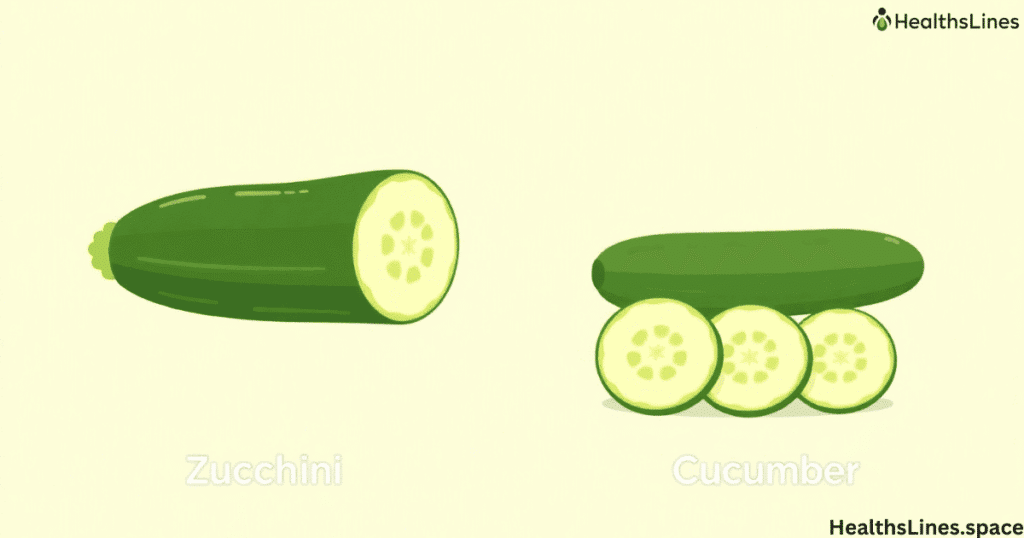
Fiber is a big part of the zucchini vs cucumber nutrition debate. Fiber keeps your stomach healthy, supports digestion, and makes you feel full. Zucchini fiber content is almost double that of cucumber. This means zucchini helps prevent constipation and keeps your gut happy.
Cucumbers do have fiber, but most of it sits in the skin. If you peel your cucumbers, you lose a lot of that benefit. For best results, eat cucumbers with the skin on. Together, both vegetables can help your digestion, but if you want more fiber in one serving, zucchini is the stronger choice.
Zucchini vs Cucumber Vitamins and Minerals
When you compare the zucchini vs cucumber vitamins, you see that each one shines in different areas. Zucchini vitamin C is much higher than cucumber. Vitamin C is important because it helps your body fight colds, supports your skin, and even helps wounds heal faster. Eating zucchini regularly can give your immune system a real boost. A single serving of zucchini covers a big part of your daily vitamin C needs, which makes it a powerful choice if you want to stay healthy and strong.
On the other hand, cucumbers are richer in vitamin K. This vitamin plays a big role in blood clotting and bone health. People who eat more foods with vitamin K often have stronger bones and better protection against fractures. That is why cucumber vitamin K is something you should not ignore. It may not give you as much vitamin C, but it adds strength to your bones and supports healthy blood flow.
Zucchini potassium benefits are also worth noting. Zucchini has almost twice the potassium of cucumber, and this mineral helps keep your heart healthy, lowers blood pressure, and keeps muscles working well. Cucumber has less potassium but still adds some balance. The zucchini vs cucumber comparison shows that zucchini wins for vitamin C and potassium, while cucumber wins for vitamin K. The best choice is to enjoy both, so your body gets a mix of all these nutrients.
Zucchini vs Cucumber Antioxidants
Antioxidants protect your cells from damage. Zucchini contains carotenoids like lutein and zeaxanthin, which are very good for your eyes. Eating zucchini often may protect you from eye problems later in life. This is why many experts talk about zucchini eye health lutein as a big benefit.
Cucumbers, on the other hand, contain cucurbitacins and flavonoids. These compounds have strong anti-inflammatory properties. They may lower swelling, fight irritation, and even support long-term health. In other words, zucchini is great for your eyes and immunity, while cucumber helps fight inflammation.
Zucchini vs Cucumber Cooking and Taste
One of the biggest zucchini vs cucumber differences shows up in the kitchen. Zucchini is very versatile when it comes to cooking. You can grill it, roast it, bake it, or even spiralize it into zucchini noodles (zoodles) as a low-carb pasta alternative. Because of its mild flavor, zucchini blends easily into both savory and sweet dishes. You’ll find it in stir-fries, soups, muffins, breads, and even chocolate cakes. When cooked, zucchini becomes soft, tender, and slightly sweet, which makes it a favorite in many recipes. This flexibility means you can enjoy zucchini in countless creative ways without ever getting bored.
Cucumber is quite different. It is best eaten raw because cooking changes its crisp texture and mild taste. That is why cucumber salad benefits are so popular. Fresh cucumber slices add crunch and hydration to salads, sandwiches, wraps, and cold soups. Many people also use cucumbers in smoothies, detox drinks, or pickles. The zucchini vs cucumber taste difference is clear: cucumber is refreshing, crisp, and cool, while zucchini is soft, warm, and more flavorful once cooked.
Together, they complement each other well. A salad with raw cucumbers and grilled zucchini, for example, gives you both crunch and tenderness in the same dish. That balance makes them an unbeatable pair in healthy meals.
Zucchini vs Cucumber for Weight Loss
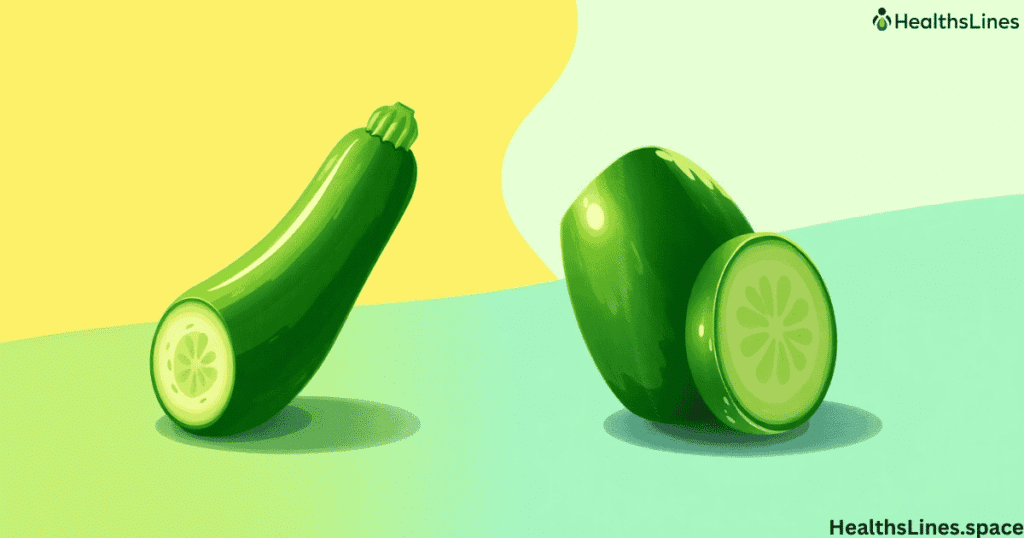
Both vegetables are excellent for weight loss because they are low in calories. But they work in different ways. Zucchini for weight loss is popular because of its higher fiber. Fiber makes you feel full and stops you from overeating. Many people replace pasta with zoodles, saving hundreds of calories in one meal.
Cucumbers are lighter. They are perfect snacks between meals and are famous for cucumber for detox drinks. They help you feel refreshed without adding many calories. So if you ask, “Which is better for weight loss, zucchini or cucumber?” The answer depends. Zucchini fills you up, while cucumber cools you down. Together, they make a powerful team.
Which One Is Healthier?
So, is zucchini healthier than cucumber? The answer is not simple. Both have unique benefits. If you need hydration, vitamin K, and crunch, cucumber is your choice. If you need fiber, vitamin C, potassium, and cooking flexibility, zucchini is better.
A study in the Journal of Nutrition showed that eating a mix of vegetables daily improves digestion, lowers disease risk, and supports weight control. This shows that you should not pick only one. Eat both. A dish with zucchini and cucumber together gives you the best of both worlds: fiber, hydration, antioxidants, and taste.
Conclusion
The zucchini vs cucumber comparison shows us that both are winners. Cucumbers are light, refreshing, and hydrating. Zucchini is filling, versatile, and full of vitamins. Together, they balance each other perfectly. You don’t have to choose between them. Put both on your plate and enjoy their unique benefits.
Next time you make a meal, think of ways to use both. Add cucumber slices to a salad, and roast zucchini on the side. Try zucchini noodles with cucumber salad. This way, you get hydration, fiber, antioxidants, and taste all in one meal. That is how you truly enjoy the health benefits of zucchini vs cucumber.
